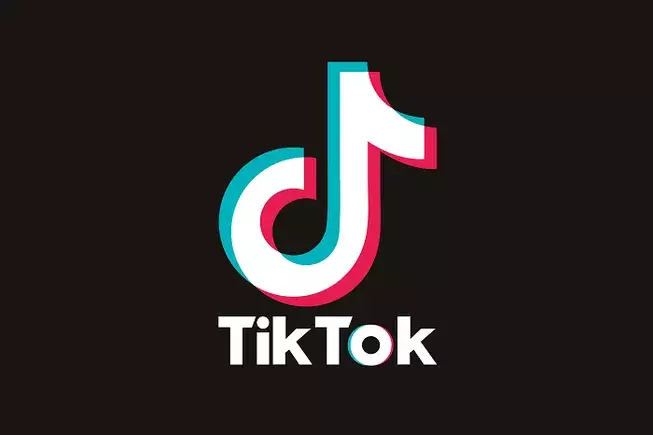In the evolving narrative surrounding digital platforms, TikTok has emerged as a focal point of tension between entertainment and national security. With the impending deadline threatening the app’s existence in the U.S., a strategic shift is underway spearheaded by President-elect Donald Trump. The situation presents a complex interplay of free speech, regulatory power, and geopolitical considerations, echoing the larger concerns of an increasingly interconnected world. Trump’s intentions, as reflected by his recent legal maneuvers, highlight a desire not simply to retain TikTok as a platform but to redefine its future in the American digital landscape.
On a legal front, the Trump transition team has proactively filed an amicus brief with the Supreme Court, signaling a commitment to not only engage with the judicial system but to rally support for the app’s survival. This tactical move aims to delay the impending actions that would force TikTok out of American hands, thus opening a dialogue for an alternative deal. The brief underscores Trump’s claim to fame as a deal-maker and emphasizes his ability to negotiate outcomes beneficial to the app’s user base, which numbers around 170 million Americans. However, the implications of this brief extend beyond mere corporate strategy; it speaks to the larger theme of free speech in the digital era, a right Trump argues must be preserved for all users.
Yet, one must critically analyze the motivations behind Trump’s push. Is this really about protecting the rights of users, or does it reflect a personal affinity for the platform where he believes his online persona thrives? Trump’s declared enthusiasm for TikTok stands in stark contrast to his previous hardline stance against the app in 2020, when he sought to force a sale to an American entity, motivated largely by geopolitical tensions with China. This wavering stance raises questions about the authenticity of his advocacy and whether it is truly aimed at safeguarding free expression or if it is primarily driven by self-interest.
Negotiating the Future: Past Deals and Present Ambitions
In revisiting his earlier actions, Trump’s approach reflects a consistent pattern: harnessing personal connections and leveraging power dynamics for favorable outcomes. His previous negotiations to facilitate a sale of TikTok to a consortium led by Oracle and Walmart hint at a pragmatic willingness to appease business interests while simultaneously addressing national security concerns. Such a deal was thought to be a bridge between U.S. interests and Chinese ownership, but it was stalled following the change in administration.
As Trump re-enters the political spotlight, one wonders if he may indeed renegotiate past agreements or create new pathways to protect TikTok. His claim that he is a “big star” on TikTok suggests a recognition of the platform’s influence, serving as both a promotional tool and a direct line to millions of followers. However, to transform this influence into a tangible benefit for the app, Trump will need to navigate a complicated web of regulatory frameworks, user security concerns, and global trade implications.
The time constraint looming before Trump and his advisors cannot be understated. The Supreme Court is scheduled to address TikTok’s appeal against the government’s sell-off bill soon, and if Trump’s brief does not secure a stay, the app could effectively vanish from the U.S. market before his inauguration. Such a scenario would dramatically limit Trump’s leverage and silence his proclamations concerning the importance of TikTok as a medium for free expression.
Further complicating this narrative is the ongoing discourse regarding the risks associated with foreign ownership of U.S. technology platforms. Critics argue that TikTok, under Chinese ownership, represents a vulnerability not just for its data privacy but also its potential use in influencing American political discourse. Trump’s apparent flip from adversary to supporter raises eyebrows, hinting at the murky waters of political allegiance and personal branding.
As the situation continues to unfold, whether Trump can indeed “save” TikTok remains an open question. His legal actions signal a willingness to negotiate; however, the absence of specific strategies keeps the public guessing about his next steps. Regardless of the outcome, this geopolitical saga surrounding TikTok encapsulates broader conversations about the intersection of technology, freedom of speech, and national security in a rapidly evolving digital era. The future of TikTok will undoubtedly be closely monitored, not only as a platform but as a symbol of the complex dynamics that shape our global society.


Leave a Reply